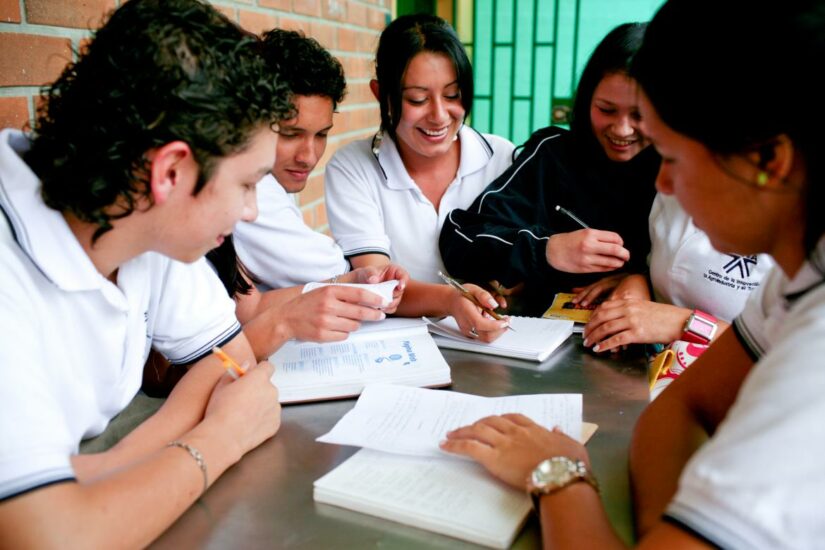School Sexuality Education Programs: What You Need to Know

Sexuality education is a critical part of a child’s education. It can help them understand their bodies, their emotions, and healthy relationships. Unfortunately, not all schools offer comprehensive sexuality education. In fact, many schools only offer abstinence-only education, which is not effective in preventing teen pregnancy or sexually transmitted infections (STIs).
What is Comprehensive Sexuality Education?
Comprehensive sexuality education is a program that teaches young people about all aspects of sexuality, including:
- Human Development and Anatomy
- Reproductive health
- Contraception
- Sexually transmitted infections
- Healthy relationships
- Sexual consent
- Gender identity and expression
- Sexual orientation
Comprehensive sexuality education is not just about preventing teen pregnancy and STIs. It is also about helping young people develop healthy attitudes and behaviors toward sex. It teaches them how to make informed decisions about their sexual health, and how to create and maintain healthy relationships.
Why is Comprehensive Sexuality Education Important?
There are many reasons why comprehensive sexuality education is important. Here are a few:
- It can help prevent teen pregnancy. Studies have shown that comprehensive sexuality education can reduce the rate of teen pregnancy by up to 60%.
- It can help prevent sexually transmitted infections. Studies have shown that comprehensive sex education can reduce the rate of STIs by up to 70%.
- It can help young people develop healthy attitudes and behaviors toward sex. Comprehensive sexuality education can help young people understand that sex is not just about physical pleasure. It can also help them understand the emotional and psychological aspects of sex.
- It can help young people create and maintain healthy relationships. Comprehensive sexuality education can teach young people how to communicate effectively, how to resolve conflict, and how to respect their partners.
What are the Different Types of School Sexuality Education Programs?
There are two main types of school sexuality education programs: comprehensive sexuality education and abstinence-only education.
- Comprehensive sexuality education is a program that teaches young people about all aspects of sexuality, including human development, anatomy, reproductive health, contraception, sexually transmitted infections, healthy relationships, sexual consent, gender identity and expression, and sexual orientation.
- Abstinence-only education is a program that teaches young people to abstain from sexual activity until marriage. Abstinence-only education often does not provide accurate information about contraception, sexually transmitted infections, or healthy relationships.
Which Type of School Sexuality Education Program is More Effective?
Comprehensive sexuality education is more effective than abstinence-only education in preventing teen pregnancy and sexually transmitted infections. Studies have shown that comprehensive sexuality education can reduce the rate of teen pregnancy by up to 60% and the rate of STIs by up to 70%.
How Can You Make Sure Your Child Receives Comprehensive Sexuality Education?
If you want to make sure your child receives comprehensive sexuality education, there are a few things you can do:
- Talk to your child’s school about their sexuality education program. Ask them if they offer comprehensive sexuality education, and if not, why not.
- If your child’s school does not offer comprehensive sexuality education, you can find a community program that does. There are many community organizations that offer comprehensive sexuality education programs for young people.
- You can also talk to your child about sexuality at home. This can help them feel more comfortable talking to you about their questions and concerns.
Conclusion
Comprehensive sexuality education is an important part of a child’s education. It can help them understand their bodies, their emotions, and healthy relationships. If you want to make sure your child receives comprehensive sexuality education, there are a few things you can do. Talk to your child’s school, find a community program, or talk to your child at home.








